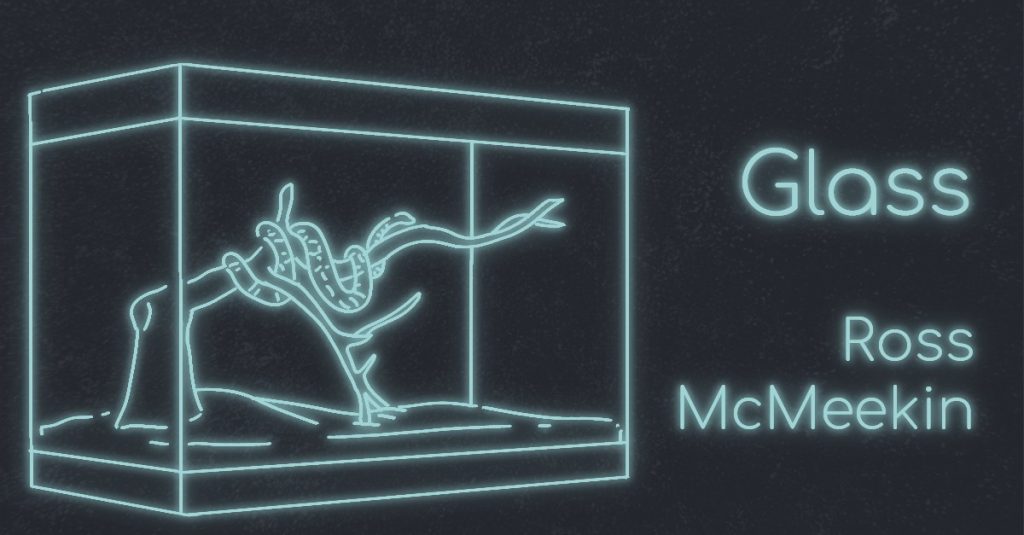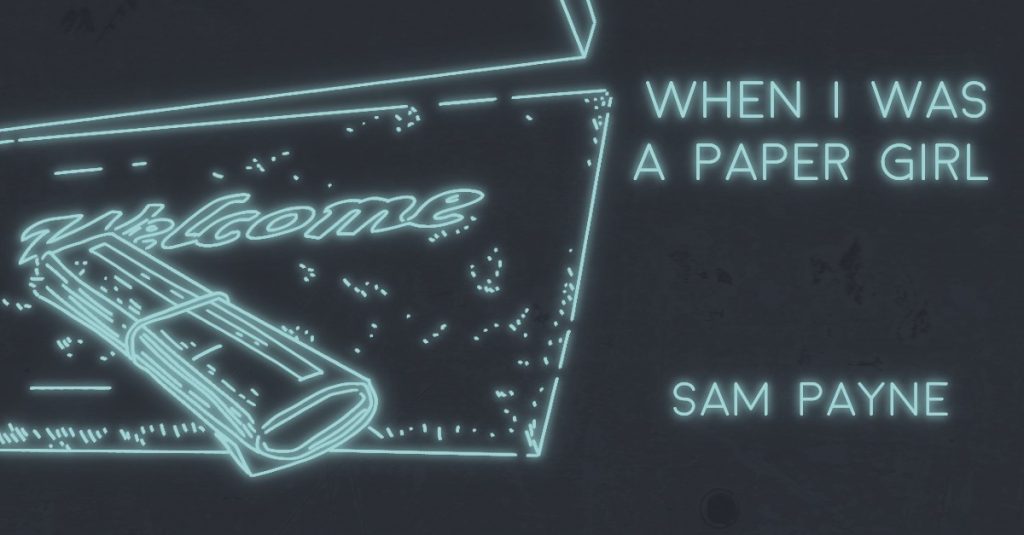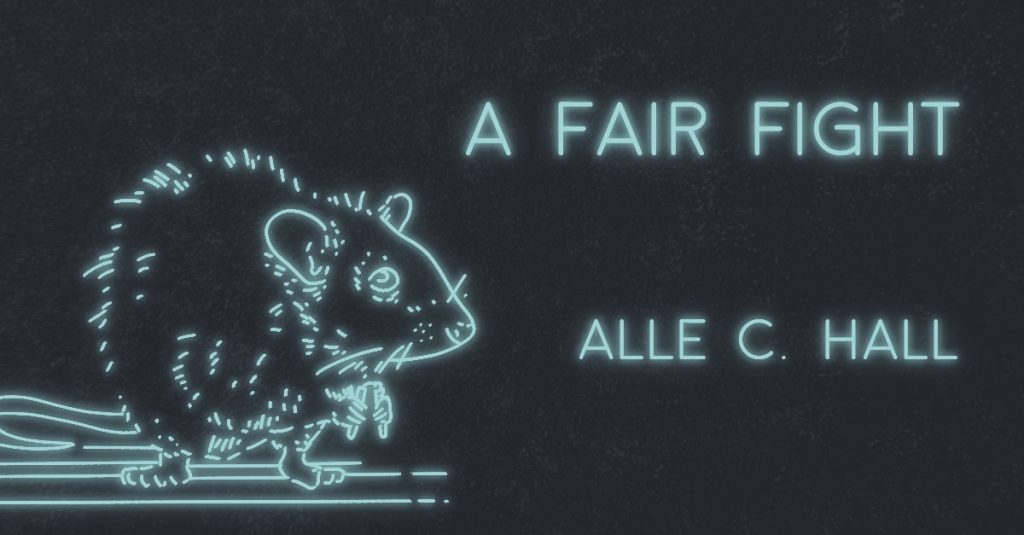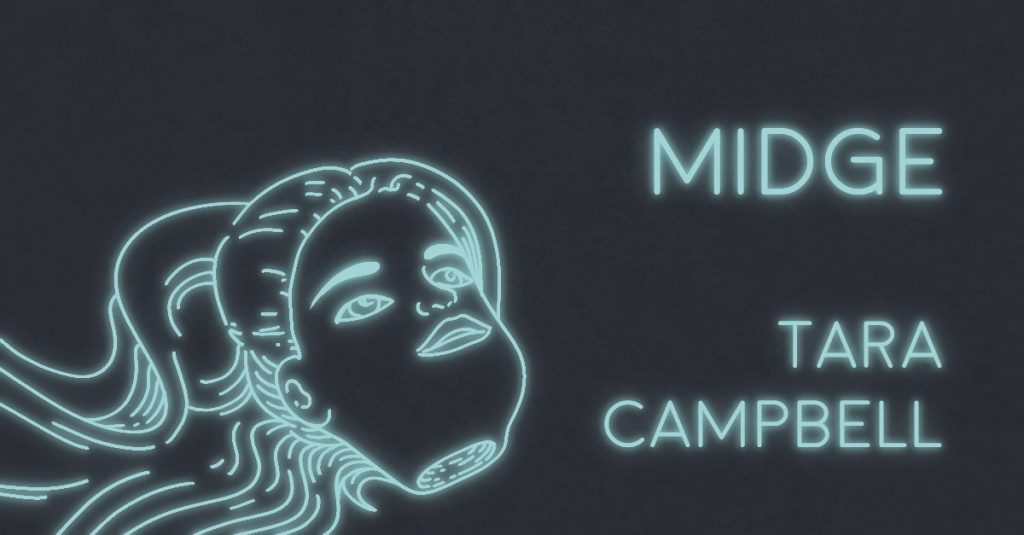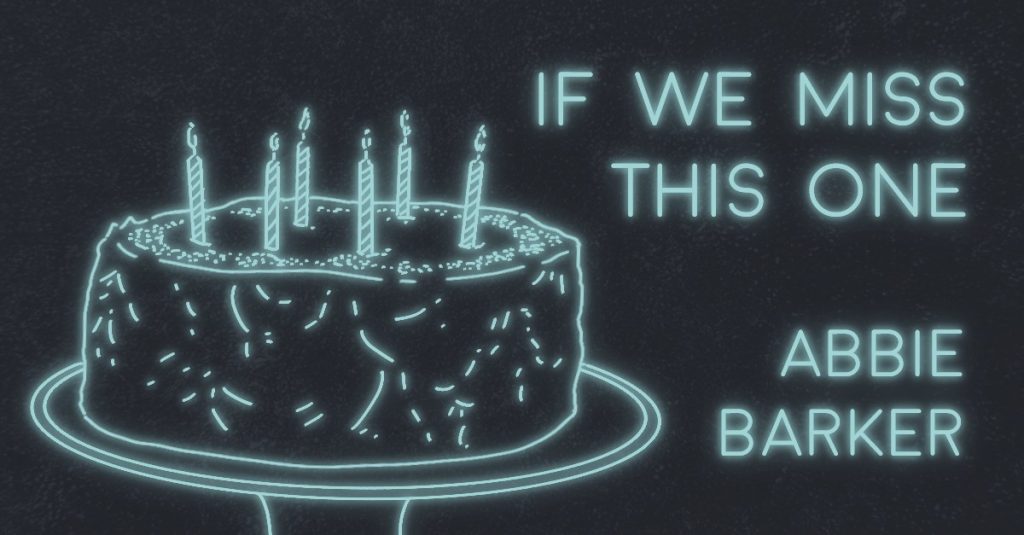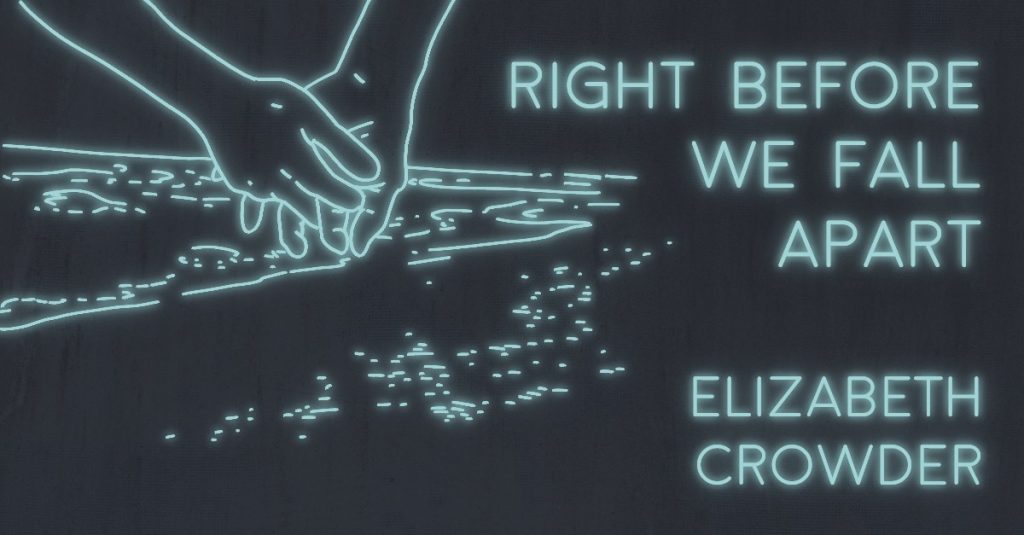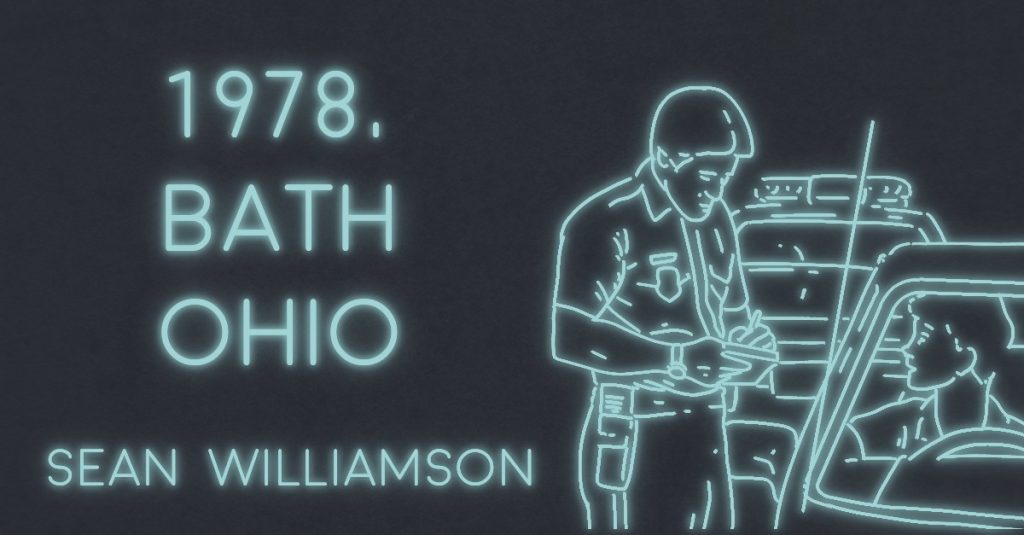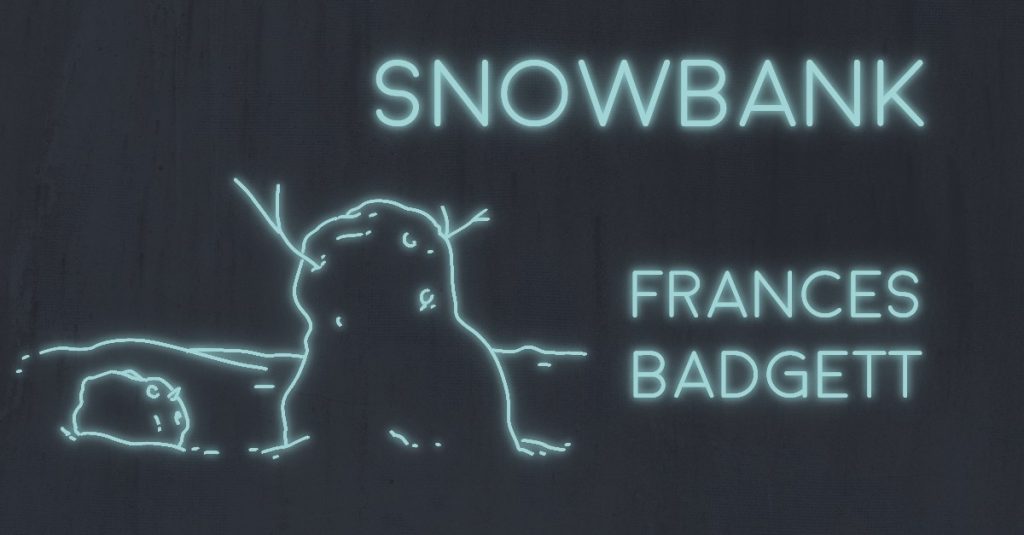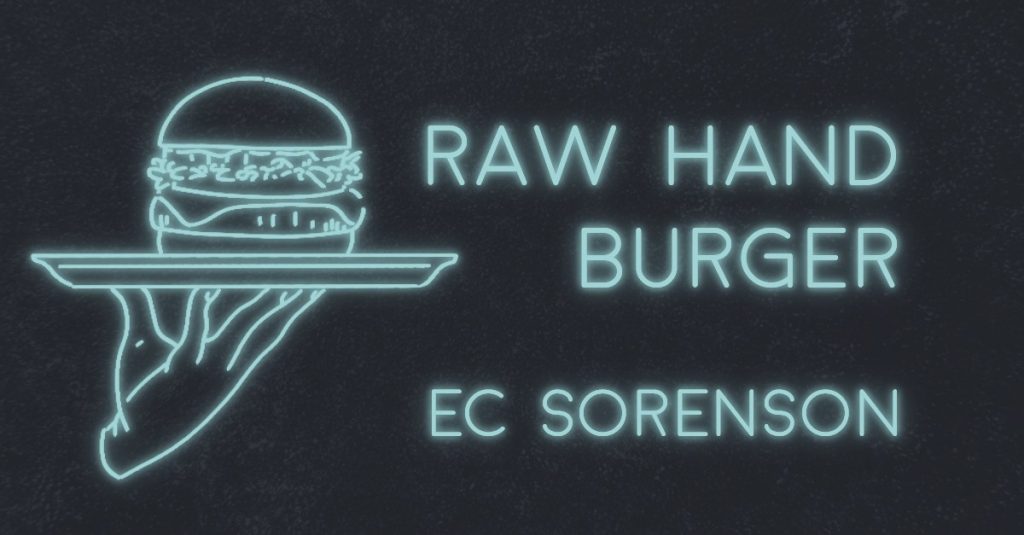“I remember sailing in a ship.” Skipper’s voice fills the musty darkness of the drawer. “I mean, it was a small ship, more like a boat, I guess, and we were just floating, really, which maybe some people wouldn’t call sailing, but anyhow, I liked it.” Her tone brightens with the details. “It was a warm day but cool down by the water. The girl had taken us down there—”
“What was the girl’s name?” I ask.
I hear Skipper’s intake of breath, the way the memory catches in her throat, even though she technically doesn’t have one anymore, meaning a throat, seeing as how she’s now just a head in a junk drawer, like all of us, lying on top of lost buttons, rusty screws, used twist ties, expired coupons, and a broken pair of scissors. Waiting for someone to come save us.
“I don’t remember,” she says. “You’re so mean, Midge. I never remember, why do you keep badgering me?”
“Shh, shh, it’s okay,” says Francie. “She was just asking.”
But Skipper’s right. I am mean, always have been. I think. I don’t remember going on any sailing trips. What I do remember is that the girl who played with us always reached for me last, and then had me argue with everyone else. I don’t know why she picked me to be the mean one. Maybe it was my name: Midge—that sounds like someone who starts arguments. I just can’t remember what we argued about. And the longer I’m in this drawer, the less I remember.
Christie interjects: “Skipper, sweetie.”
I roll as everyone shifts around me, and I assume it’s Skipper trying to face her, a habit we haven’t completely unlearned since being in the drawer.
“Sweetie, Midge is only trying to help.”
“Whatever,” I say. “If you want to just lie around here the rest of your life…”
“What does that mean?” says Skipper, voice trembling. “The rest of m—”
“Ignore her,” says Francie. “She’s just trying to scare you.”
Francie’s right. I am trying to scare her, just like I did with Tutti and Todd before her, and Kelly before them, firing questions at them until they cried. To hell with comforting new arrivals; they might still have enough information to save us, if I can just pull it out of them.
“Don’t ignore me,” I say. “I’m the only one—"
The drawer lurches below me. A crack of light appears like a raised horizon, then widens to encompass the whole sky. The brightness hurts even through closed eyelids. Without arms, I can’t shield my face.
Something hard and heavy grazes my cheek as it falls into our drawer. Then, as quickly as the light blinded me, I’m jostled and plunge into darkness again.
“That bitch,” says the new arrival. The voice is deep, masculine.
“Holy shit,” someone blurts. “It’s Ken!”
“Ladies?” says Christie. “A little help?”
As my eyes adjust, I notice that a sliver of light still shines through a crack, with a blot of darkness against in it. A few of us roll over bent nails and loose batteries to get closer to the blot. It’s Christie, and her hair has gotten stuck in the top of the drawer.
“Hang on,” says Skipper. “We’ll pull you out.”
Christie shifts. “No, don’t pull me back into the drawer. This is our way out of it!”
“You bet your sweet ass it is.” Ken rolls from side to side, as though testing his new range of movement, then tells us to watch out. He tumbles toward the front of the drawer, banging himself below the crack of light again and again, until he finally gives up and rolls, panting, into a back corner.
The drawer hasn’t moved at all. The horizon hasn’t gotten any brighter.
“You done?” says Christie.
Her tone is uncharacteristically rude, but no one tells her to be nicer, which I find gratifying. But then, I’m Mean Midge.
The corner remains quiet.
“Ken. The girl’s name is Mackenzie,” Christie says. “Mackenzie.”
“Oh,” gasps a doll named Stacey. “Oh oh oh, and she has red hair just like me.”
“And she likes milk and cookies after school,” Skipper adds. “Even though she usually gets carrot sticks and, gag, celery—I mean, who likes celery—and crackers with that weird chickpea paste on it? I mean, have you guys smelled that stuff? And she has to sneak the cookies, which isn’t hard because her parents keep all kinds of junk food in the house, but then she feels bad about it afterward, because she looks in that stupid mirror and thinks she’s fat. She’s only ten for Christ’s sake, and she thinks she’s fat. Can you believe it? I mean, isn’t that horrible?”
After a moment, I break the silence. “Christie, what’s the plan?”
We all whisper, bubbling with ideas, and we decide to wait until the world outside the drawer is dark and quiet. The one thing we agree upon is that we can’t let our captors discover the gap and close the opportunity before we figure out how to use it.
When night falls, we try out our ideas: we push against Christie to wedge more of her hair into the opening; we stuff our own hair into the opening alongside hers; we roll ourselves around and around, twisting our hair into tight, fat bundles meant to pry the opening wider. Nothing works.
Skipper spins, unwinding her hair, and looks into the back corner of the drawer. Ken is lying somewhere over there in the darkness. He hasn’t spoken or moved since he rolled back there. It hits me then that none of my nice, helpful companions have gone back to check on him.
“I’m going to try something,” Skipper says. What little light is left reveals her eyes, narrowed, and her mouth set in a hard line. “Please promise, though: don’t judge me.”
Skipper rolls out of the scant light toward the blackness in the corner. I cringe at the thought of being that close to him in the dark. Cornered. We wait, listen. Hear things. Things that sound like the rip of silicone. When she rolls back to us, there’s a bulge in her cheek.
“Skipper?”
“What did you do?”
Skipper doesn’t answer, merely rolls up the pile of our heads and goes to work on the opening, burrowing and shimmying, creating some pretty nasty tangles in our hair, but also opening the split wide enough for us to forgive her.
“Hand me the scissors,” she says to no one in particular.
Everyone gasps. I don’t like being bossed, but Skipper seems to have a plan; so I untangle myself and push the broken scissors up the pile of heads, laughing when I think about “handing” them off with no arms.
Stacy starts to cry, but no one asks why, probably because we can all now remember the time Mackenzie tried giving her bangs. We all told Stacy she looked great, but she cried for weeks. We visited her almost every day on the top shelf of the bookcase, where Mackenzie hid her so she wouldn’t have to look at her botched bangs, and we all acted as though nothing had happened.
Just like now, when we don’t talk about how Mackenzie will never come save us.
And now, when we don’t talk about dark corners and Ken.
Skipper tells Stacy to stop crying, she’s not a little girl anymore, and the words cut through me like a blade. “I’m not a little girl anymore.” That was the last thing Mackenzie said to me before she put me in here. The same thing I heard her say to every new head that has tumbled in since.
Skipper doesn’t try to give anyone bangs. Together, she and I set the scissors along one side of the drawer and wedge the tips out of the crack, then lever and wriggle until the crack opens even further. The others get the hint and disentangle themselves to set up two teams, pushing the handles in opposite directions, widening our horizon a little more with each heave-ho.
We leave the scissors wedged there, then slide a ruler into place as a ramp to the outside. Wordlessly, we back away. Skipper has earned the first taste of freedom.
I watch my sisters roll out into the world after Skipper, each of them holding a nail or pin or sewing needle between her teeth, and I notice that none of them turns back to look for Ken. Not one. But I look back, and I remember everything, including why I’m so mean. It has nothing to do with my name.
I clench a nail between my teeth. Darkness swirls around me as I tumble after my sisters up the ramp into a new world, one with no room for anyone but us.
